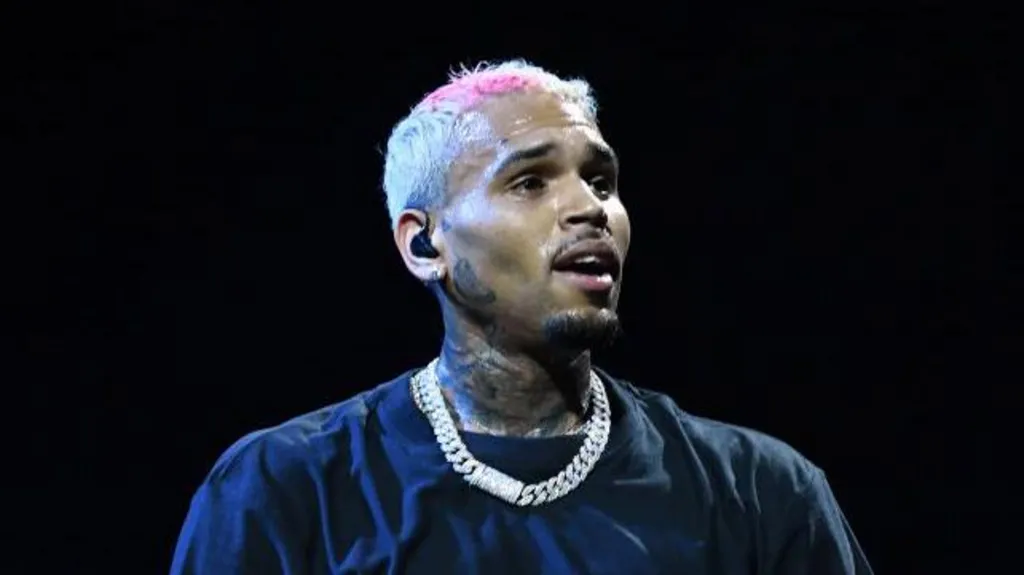
Chris Brown’s South Africa Concert Sparks Controversy
Chris Brown’s upcoming concert in South Africa has stirred controversy, bringing renewed attention to the country’s concerning levels of violence against women. The Grammy-winning artist sold out tickets for the FNB Stadium in Johannesburg within hours, prompting the addition of a second concert date in December. Despite the strong interest, the concert has faced backlash due to Chris Brown’s violent past.
Chris Brown’s South Africa Concert Sparks Controversy
Women’s rights advocates have expressed disappointment about Chris Brown’s performance in South Africa, citing his history of violence. Sabina Walter, executive director of Women for Change, said she felt shocked and deeply disappointed by the news. Her organization launched a petition to stop Chris Brown from performing, which has already gathered over 20,000 signatures.
Walter emphasized that allowing Chris Brown to perform in a country like South Africa, which has one of the highest rates of gender-based violence (GBV) in the world, sends the wrong message. “When someone like Chris Brown has a platform in a country where GBV is at crisis levels, it sends a damaging message – that fame and power outweigh accountability,” she said.
South Africa’s High Rates of Gender-Based Violence
South Africa struggles with staggering rates of violence against women. A rape is reported approximately every 12 minutes, and many more go unreported. Women for Change aims to make it clear that celebrating individuals with a history of violence against women is not acceptable, particularly in a country with such an alarming issue.
Backlash Over Chris Brown’s History of Violence
The most well-known incident in Chris Brown’s history of abuse is the 2009 domestic dispute involving singer Rihanna. At the time, Chris Brown pleaded guilty to assault, receiving a sentence of five years probation, community service, and domestic violence counseling. While Rihanna eventually forgave him, and the pair even dated again, Chris Brown has since faced additional accusations of violence from other individuals.
Women for Change questions how South Africa’s Department of Home Affairs could grant a visa to Chris Brown, a convicted abuser. According to South African law, previous convictions can lead to visa denial unless cleared by the Director General for “good cause.” For Walter, the visa approval is concerning and indicative of systemic failure.
Campaigners Question the Visa Approval
Chris Brown has faced bans from entering other countries, including the United Kingdom, Australia, Canada, and New Zealand, though he has since gone on to perform in some of these places. The decision to grant him a visa in South Africa has raised eyebrows among campaigners, who see it as a troubling precedent.
Mixed Reactions from South Africans
Despite the backlash, Chris Brown’s South African fans remain excited about the upcoming concert. Former University of Cape Town vice-chancellor Prof Mamokgethi Phakeng voiced her support for attending the concert, stating that enjoying a concert does not equate to endorsing all of an artist’s past actions. “Music is bigger than the individual,” she said, emphasizing that boycotting the concert wouldn’t end GBV in South Africa.
Divided Public Opinion
The response to Chris Brown’s concert has been deeply divided. While many fans eagerly anticipate the event, others argue that it represents a failure to hold individuals accountable for their actions. Sabina Walter, who has received threats because of her campaign, says the criticism reveals a deep disconnect in how society views violence against women.
Walter believes that selective outrage is dangerous, as it perpetuates a culture that overlooks abusive behavior when celebrities are involved. “This fight isn’t just about this concert,” she said. “It’s about changing the narrative in South Africa, where abusers are held accountable and where violence against women is never excused, overlooked, or forgotten.”
Ongoing Struggle Against Gender-Based Violence
South Africa continues to face significant challenges in addressing gender-based violence. President Cyril Ramaphosa has called for men in the country to take a stand, emphasizing the need to end GBV. However, little progress has been made since he initially called for action to tackle the country’s “rape crisis” five years ago. Women for Change reports that over 200 women have lost their lives to femicide in 2023 alone.
The controversy surrounding Chris Brown’s concert highlights the ongoing struggle against GBV in South Africa and the need for a broader societal shift to address the systemic issues that contribute to violence against women.
External Link: Read more at BBC
Internal Link: Explore gender-based violence awareness initiatives





